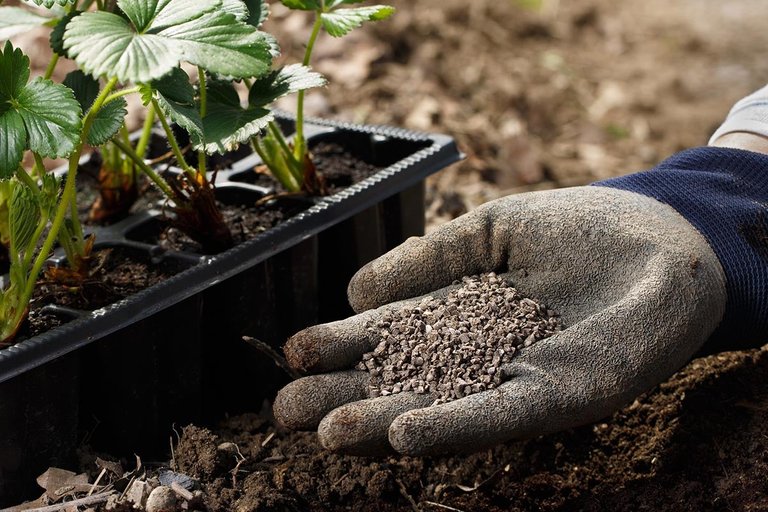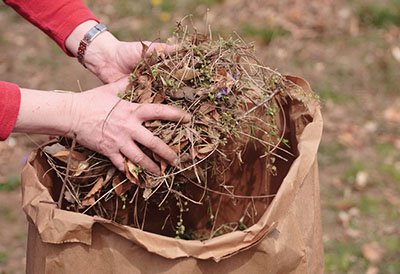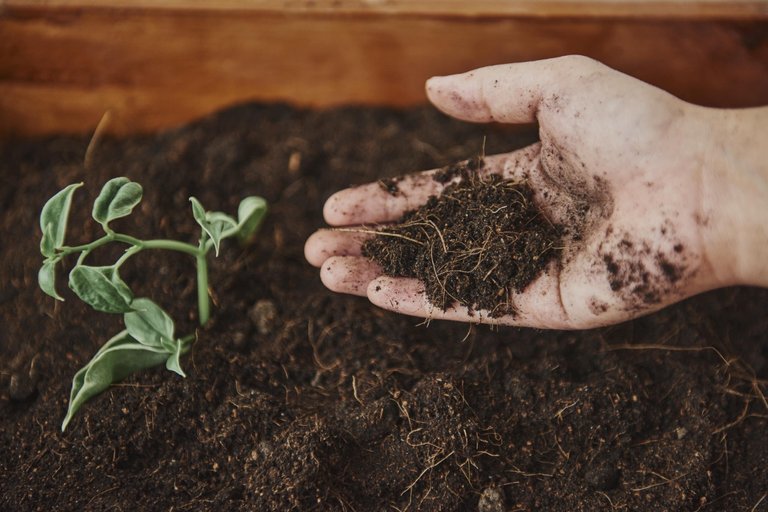Carbon and nitrogen are the most important elements in the production of organic fertilizers
In recent decades and in light of the current demands characterized by the global demand for a healthier production with an organic production approach, the interest in knowing the technical parameters to develop organic fertilizers has had a progressive increase, hence the interest in the use of organic products of proven quality.



▶ Now not only the use of products of organic origin of proven quality, but also to ensure healthy food and where it is proposed that to produce uncontaminated food, should reduce dependence on agrochemicals, encouraging the development of products that meet the demand for nutrients and thereby significantly reducing the use of synthetic fertilizers.

▶ Credits: Organicabiotech. – [Image of Public Domain]
≕ I invite you to stay tuned and read my next contribution ≔
One of the alternatives that provides acceptable values of macro and microelements for the nutrition of plants of agricultural interest are compost applications, since the addition of compost maintains soil fertility and in turn improves the physicochemical, chemical and microbiological characteristics of soils and their biological activity. Hence the importance of using different composting techniques to produce excellent quality compost.
For this reason, the C/N ratio should be taken into account as the main process parameter in all organic fertilizer production techniques, considering that in most cases it is an indicator to qualify the maturity of the compost, since carbon and nitrogen are the most important elements and those that frequently act as a limiting factor in the activity of microorganisms.
In the case of carbon, it has two functions: on the one hand, it is a source of metabolic energy and, on the other, it forms 50% of the mass of microbial cells. As far as nitrogen is concerned, it acts as a decisive component of proteins, and since 50% of the biomass of bacteria consists of proteins, they require high amounts of nitrogen for their rapid development.

That is why the C/N ratio is a decisive parameter when manipulating the composting process, since microbial growth occurs at a rate of 25 to 35 parts of carbon for each part of nitrogen consumed, hence it is recommended to use that range in the preparation of compost to ensure adequate quality to meet the requirements of crops, which in turn will mean a higher production in terms of fruits, roots or leaves of food utility.
NOTE: Reference material.
0
0
0.000
I believe that the trend towards organic is increasing, considering the damage to the planet and how it is impacting everyone's health, and the damage to all terrestrial ecosystems.
It is an area in constant development and evolution, I think that humanity is being forced by the very consequences of their actions to seek healthier options for humans and for the planet.
This year has been the one with the most negative consequences against the environment, to the point that the worst floods that have ever occurred are taking place all over the world. It is urgent to take action.
Thanks for your contribution to the STEMsocial community. Feel free to join us on discord to get to know the rest of us!
Please consider delegating to the @stemsocial account (85% of the curation rewards are returned).
You may also include @stemsocial as a beneficiary of the rewards of this post to get a stronger support.
Thank you @stemsocial for the support you have given to my article.
In as much as organic fertilizer is quite good and helps to produce massive yeild, I will say it can still be worked upon